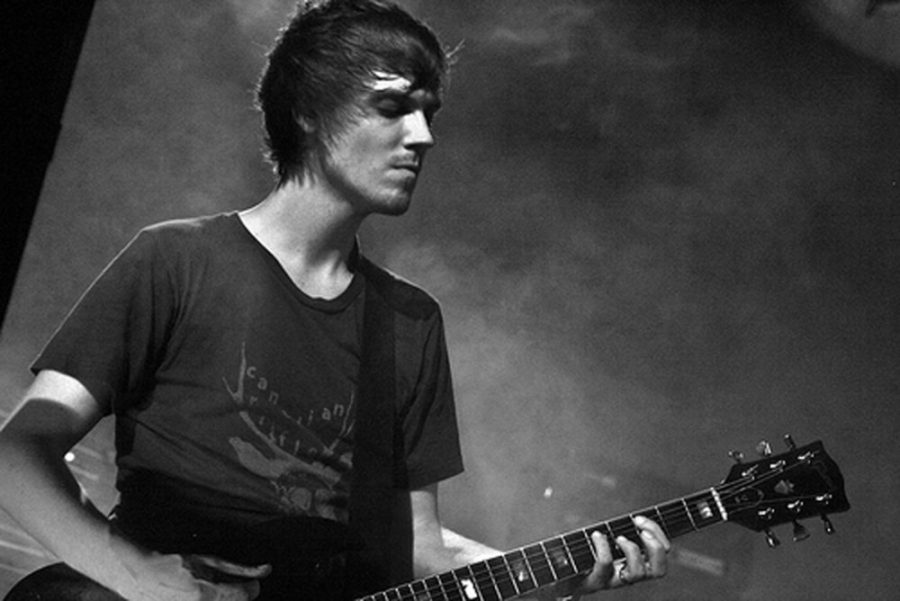Parisa Eshrati, alternative music director at KAMP Student Radio, had the chance to sit down and speak with Trevor de Brauw of the band Pelican about their latest album, going on tour, reflections on their careers and much more. Check out the full interview at kamp.arizona.edu.
Parisa Eshrati: Just a few months ago, you guys released the live album Arktika. Any reason you chose Russia as the place to record?
Trevor de Brauw: Actually, no. In fact our sound guy, Matt, when he comes out with us, he brings a portable, digital recorder. He records many of the shows but doesn’t tell us when he’s recording. He doesn’t like to tell us so we’re not aware of it when we’re on stage. On the tour, he recorded 10 or 12 shows. At the end of it, Dallas [Thomas] borrowed all of the recording, and his conception was that he was going to make a compilation of the live songs and maybe we could figure something to do with them. Dallas went home and listened to all the sets and just said the Russia one was perfect. It was odd, because in Russia, we weren’t playing on the same equipment as the rest of the European tour. We flew in specifically to Russia just for the show. And it was probably the worst equipment we had used all tour.
The 2007 album City of Echoes revealed your observations of the effects of globalization. I have to ask ’cause that has struck a personal note lately with Tucsonans as the city is being gentrified. … Do you find that on tours since then that it’s been getting even more drastic, or you’ve had any other observations on that since ’07?
The meaning of City of Echoes was more twofold. There was the globalization angle, and to get on that track, things are getting increasingly worse. Culture, especially in the states, is one of branding. Everyone is concerned with their personal brand and building up a brand, and the whole advertising game is less about selling you something and more about establishing a name for a product and company.
On one hand, that’s nice because there are some corporations, like drink companies, that will do free shows and then the bands get paid well, and it’s not like overtly advertising. At the same time, that’s all part of this culture that’s about creating these giant brands, and everything has to have a corporate name attached to it. In the old days, you would drive through middle-America and you see the same big-box stores everywhere, and then when you get to the cities, they retain more of a personal culture. But even in Chicago, left and right, you see different independent businesses closing for fast-food restaurants.
The other side of the observations of our travels is that people are different everywhere you go, but there is a common language of music. That is something that ties people together, and there is a commonality between people, so that’s the other side of City of Echoes. It’s kind of like these two different ideas harping on the same kind of concept, in a way.
_______________
Parisa Eshrati is a guest columnist from KAMP Student Radio. Follow KAMP on Twitter.









